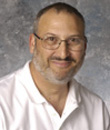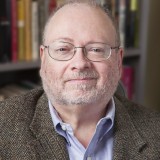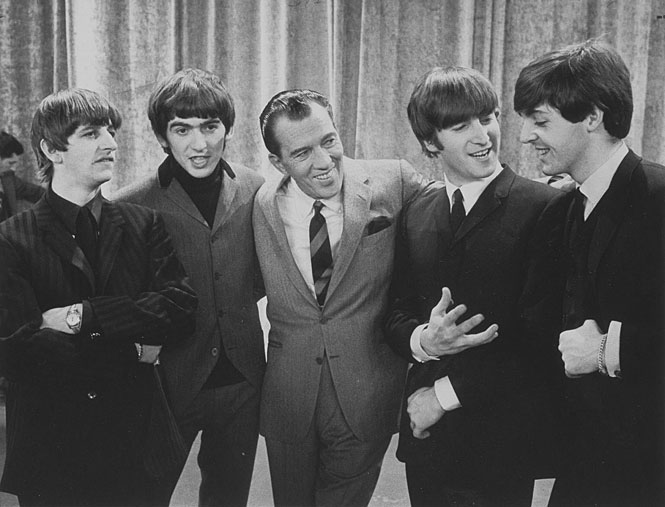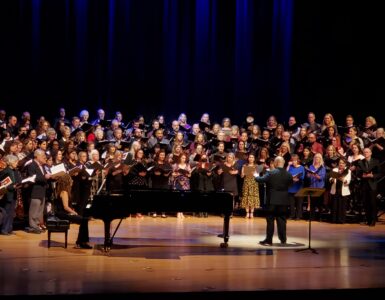All you need is to look around. Beatlemania is back as the 50th anniversary of the band’s Feb. 9, 1964, appearance on the Ed Sullivan Show nears. The Rock and Roll Hall of Fame, CBS News, The Grammy Awards and countless impersonators are all planning fab-four love fests to mark the day.
It’s hard to imagine a loftier title for one television special planned to commemorate the event: The Night That Changed America: A Grammy Salute to the Beatles.

Was it really such a night? Ross Brown, who teaches television history at Chapman University’s Dodge College of Arts and Media, shrugs and smiles at the suggestion.
“I don’t know that I’d put it on that level. It wasn’t the Declaration of Independence,” he says.
But significant television history? Absolutely, Brown says. A record 73 million people tuned in that night, an unheard of audience for any single program then and an indicator of Sullivan’s show business acuity. Every year Brown screens a recording of the famous episode for his students and discusses its place in American culture.
“As pop culture goes, it’s hard to think of a bigger event than that night,” Brown says.

Of course, it didn’t happen in isolation, says Robert Slayton, Ph.D., who holds the Henry Salvatori Professorship in American Values and Traditions. Following the Great Depression and World War II, Americans found relief in traditionalism, Slayton says.
“You get to the post-war generation, and for very human reasons they are incredibly conformist. They don’t make waves,” he says.
The push against that cultural comfort zone sprouted in many forms, from Betty Friedan’s pivotal Feminine Mystique to the civil rights movement, as well as music, Slayton says.
“The Beatles play into this as well. Their music was a complete revolt,” he says.
When Brown shows students the recording of the 1964 program, he also reminds them that the early 1960s were still culturally tied to the traditionalist 1950s. Students are amused that the music was considered cutting-edge.
That’s only natural. Says Brown: “They’re listening to music now that has lyrics … which are a long way from ‘I want to hold your hand.’”





Add comment